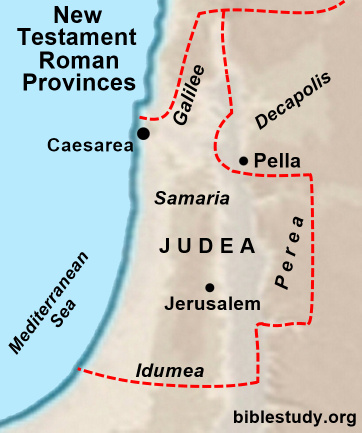Monday, 21 December 2020
THIS IS CHRISTMAS
Sunday, 13 December 2020
Happy Hanukkah!
Describe the above picture. Can you explain what is happening?
The Story of Hanukkah
Hanukkah
(also spelled Chanukah) is a religious holiday which is celebrated by Jewish (or Hebrew)
people, or those who practice a religion called Judaism. Hanukkah lasts eight
nights and is often called the Festival of Lights.
This
holiday occurs on different dates each year, with Hanukkah starting anytime from
the end of November to the end of December.
The Hanukkah holiday is an old one. It honours the struggle of ancient
Jews to restore the Temple of Jerusalem.
More than 2000 years ago,
Judea was ruled by the Syrian king Antiochus, who said that Jews should give up
worshipping Yahweh and worship the Greek gods instead.
The Jews refused to abandon Yahweh. They decided to do something
about it.
A man
named Judah Maccabee got a group of people together to fight back. These people
got more people to join, and they soon had an army.
They fought
back. For three years, the Jews battled the Syrians for control of Judea.
Finally, the Jews won.
They cleaned
the Temple of Jerusalem, removing all Greek symbols and restored the Jewish
symbols. The job was finished on the 25th day of the month of Kislev. This is
the day Hanukkah is celebrated. The day varies in the Western calendar.
To help
celebrate, Judah and his followers lit an oil lamp. The supply of oil was very
low. There was only enough for one day, but
this lamp stayed lit for eight days.
To honour
this extraordinary event, Jews today celebrate the Eight Days of Hanukkah and
call it the "Festival of Lights." They light a special eight-branched
candlestick called a menorah.
People today
give each other gifts and children receive small presents for each night of the
festival. Special foods are made, there
are special dinners, and people remember their ancestors who fought to take
their temple back.
1. Look at the underlined words. What do they mean?
2. Write down the sentences in green. What do you notice about the structure of these sentences?
3. Classify the past simple verbs into regular and irregular verbs.Friday, 4 December 2020
Hello!
Draw a picture of your family. Introduce the members of your family.
Thursday, 3 December 2020
FEELINGS








